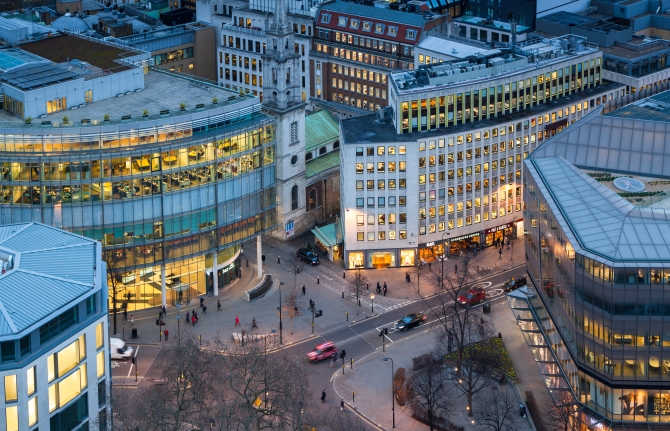According to a report by the Property Industry Alliance (PIA), business rates are an ever increasing burden on businesses compared to rents being charged by landlords in the UK.

The Property Data Report 2015 reveals that over the last ten years, the rise in rental values has been slower than that of business rates and the rate of retail price inflation.
This trend has is most clearly evident in the retail sector where the 0.2 per cent per annum increase in rental values, has been eclipsed by the 3.9 per cent increase in business rates.
In the office sector rents have increased by an average of 1.8%, while business rates rose by 3 per cent. Overall, occupiers of commercial property paid over £20 billion in business rates in 2014.
Chairman of the Property Industry Alliance, Sir Robert Finch, commented: “It is interesting to see that the value of business rates has significantly increased over the past decade, considerably outstripping the value of rental increases.
“This is particularly prevalent in the retail sector, where business rates have also grown by far more than the rise in sales turnover recorded in retail property.”
The report also found that overseas investors own a quarter of invested commercial property in the UK, worth £113 billion. This makes overseas investors the largest owners of invested UK commercial property for the second year running, having increased their presence in the market by 129 per cent over the course of the past decade.
UK institutions, on the other hand, have seen their ownership fall by 8 per cent over the same period to stand at £85 billion.
It was reported that the total value of UK commercial property increased to £787 billion in 2014, a 15 per cent increase from the previous year. The largest sector is retail, worth £340 billion, followed by offices at £234 billion and industrial at £148 billion. Other sectors, including leisure and hotels, were valued at £65bn.
The commercial property industry, which employs nearly one million, contributed approximately £63 billion to the economy in 2014, and almost £15 billion to the Exchequer in direct taxes.
“Commercial property is an integral part of the UK’s economy contributing a comparable amount to the economy as the telecommunications and transport industries combined,” Finch said.
“Commercial property provides the UK’s urban and commercial infrastructure and it is encouraging to see that the sector continues to grow and that it is attractive to both overseas and domestic investors.”